In that urgent atmosphere, each document, each box of files, each printer, computer... was inventoried, packaged, digitized and transported to the general archive. It was not just a simple administrative work. Each page of paper, each file was a memory of a period of state management, a responsibility to preserve administrative history, and a foundation for establishing a new government institution without interruption. La Gi City Party Committee clearly defined the role of "pioneer" in organizational work, so no work was left to be delayed. Plan No. 107, Official Dispatch No. 1012 and a series of related documents were continuously issued to direct the management of documents, archives, transfer of public assets and preparation of working headquarters. From the Party bloc to the State bloc, from administrative agencies to public service units, from the town center to the villages and neighborhoods... everything was moving simultaneously. “No interruption of political and administrative activities anywhere” – that is the consistent motto. Even the files serving the people and businesses are reviewed, catalogued and kept in processing status until the official handover.
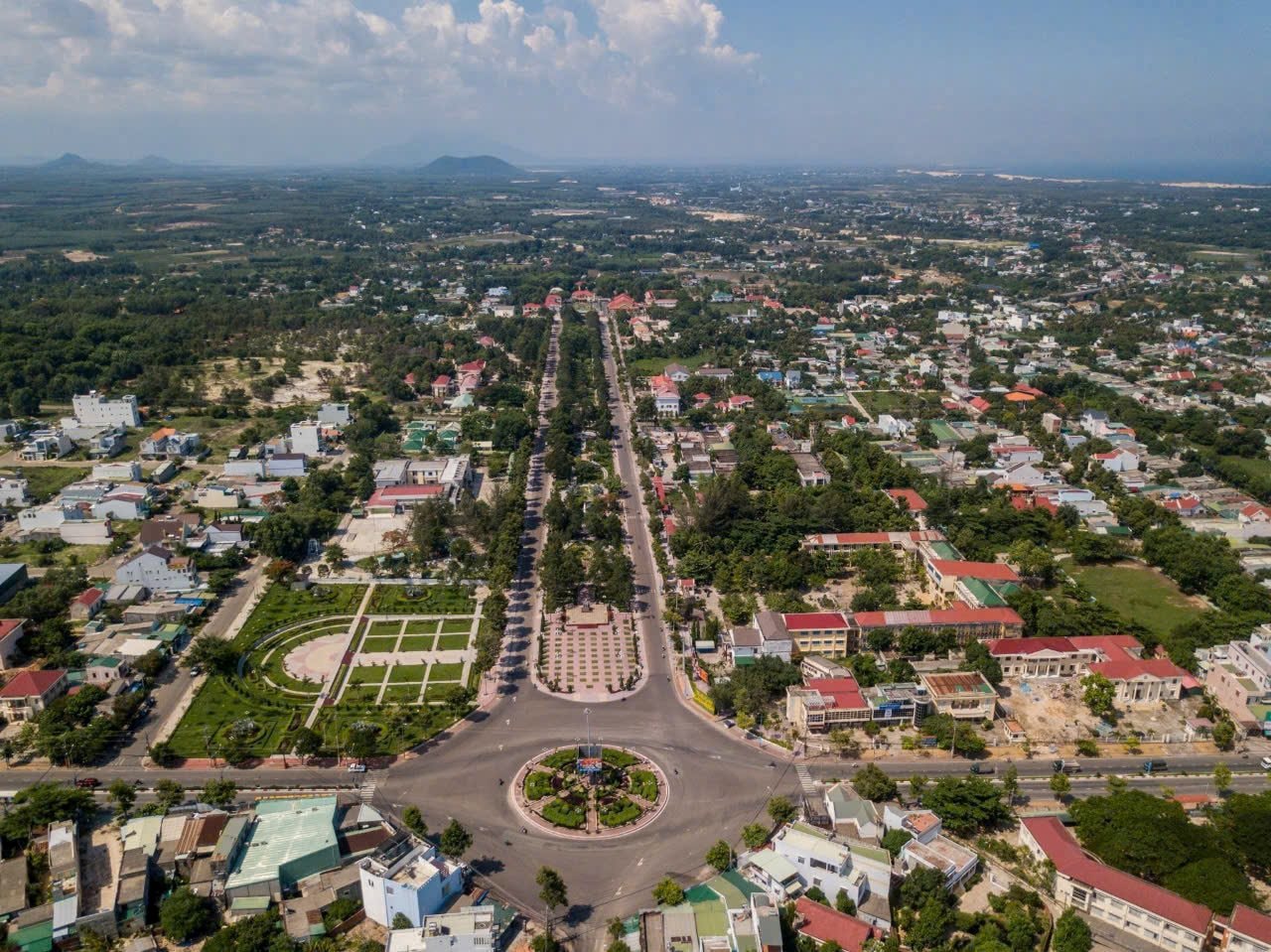
One of the most difficult but important tasks is to digitize documents. This is not only a requirement of administrative modernization, but also a prerequisite for being ready to operate the political system in a digital environment. Of course, not only documents are "standardized". The entire political system is also being reorganized from people to facilities. The Standing Committee of the City Party Committee has soon completed the personnel planning of the Party Committee, approved personnel plans for La Gi Ward, Phuoc Hoi Ward and Tan Hai Commune after the merger. The meeting hall, Party Committee headquarters, People's Council, and People's Committee of each unit have also been specifically arranged, ensuring maximum use of public assets, limiting new purchases, saving the budget but still being effective. The organization of Party Congresses at all levels is not outside of that movement. In the context of mergers, organizing congresses is not simply a cyclical task, but also the establishment of the Party's leadership role in the transition period. The congress documents are being finalized by the steering groups; the draft Central documents have also been distributed for extensive comments throughout the Party.
Of course, there are many challenges. One of them is the fear and confusion among cadres and civil servants, especially when there are no specific guidelines on evaluation criteria and regime settlement according to Decree 178 and 67. The arrangement in a short time has increased the workload, especially personnel work at the commune level. However, instead of delaying or wavering, La Gi City Party Committee chose to face it, proactively reviewing and concluding political standards for 148 comrades, ready for reorganization plans. It is undeniable that the two-level local government model is a big challenge for localities like La Gi, which are accustomed to the structure of independent towns. But that is the driving force to gradually standardize, modernize, cut down intermediate levels, and move towards a leaner, more proficient and closer to the people apparatus.
No longer a "town" with a separate administrative appearance, La Gi is preparing to enter a new space with a new name, a new model, but certainly, with the current mettle, solidarity and determination, this locality will continue to maintain its role and position in the province's overall development journey after the merger.
Source: https://baobinhthuan.com.vn/la-gi-san-sang-cho-hanh-trinh-moi-131437.html






![[Photo] General Secretary To Lam and National Assembly Chairman Tran Thanh Man attend the 80th Anniversary of the Traditional Day of the Vietnamese Inspection Sector](https://vphoto.vietnam.vn/thumb/1200x675/vietnam/resource/IMAGE/2025/11/17/1763356362984_a2-bnd-7940-3561-jpg.webp)

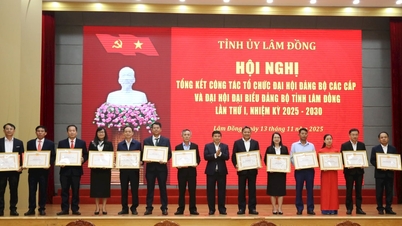

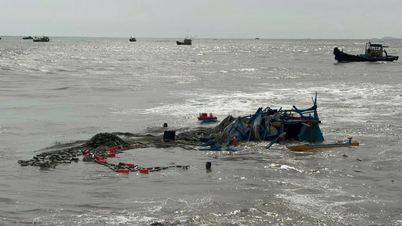



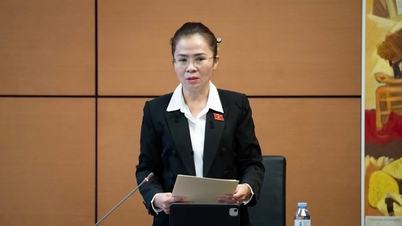
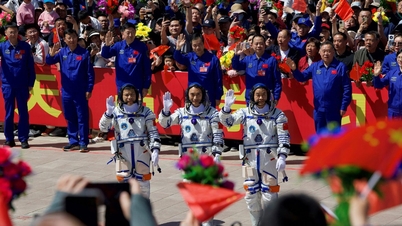

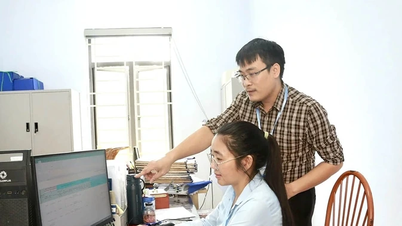

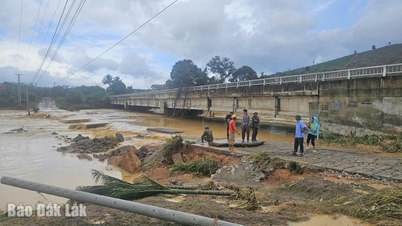



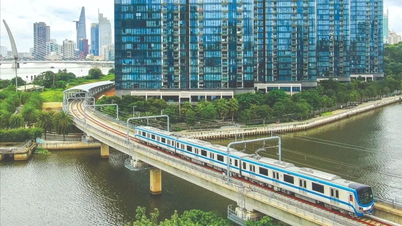


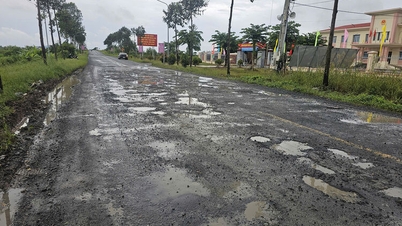





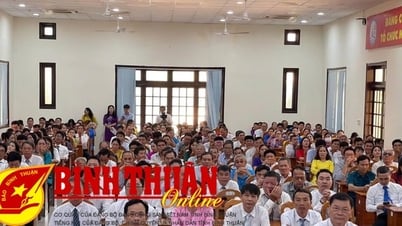
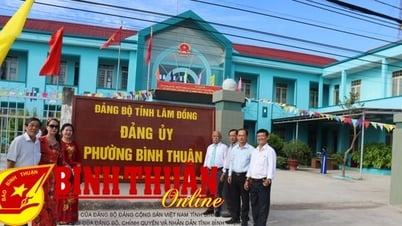

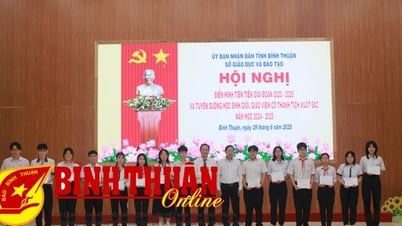

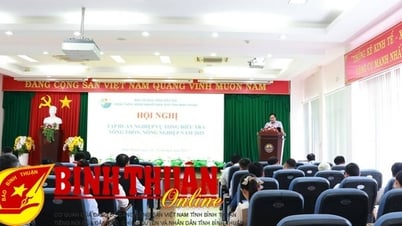

























































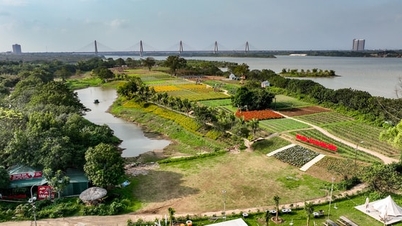
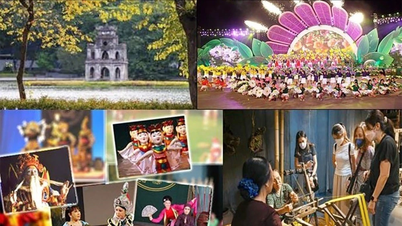












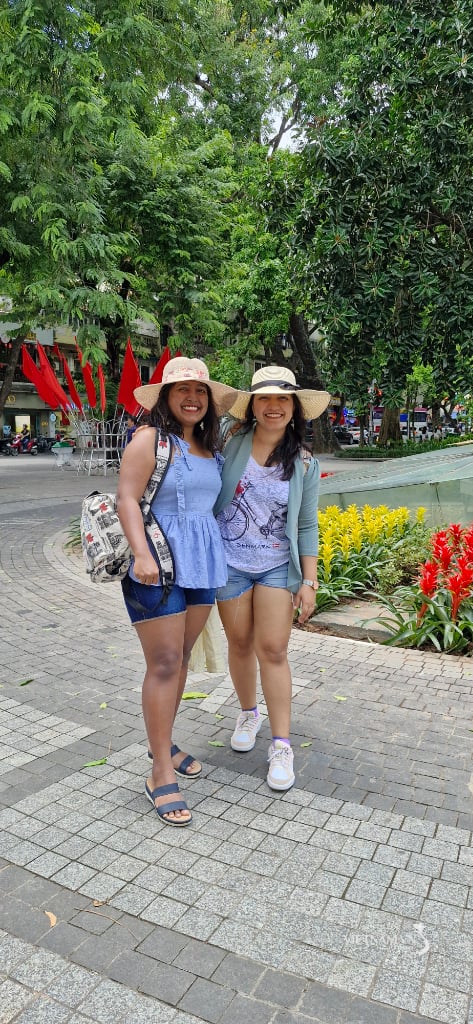
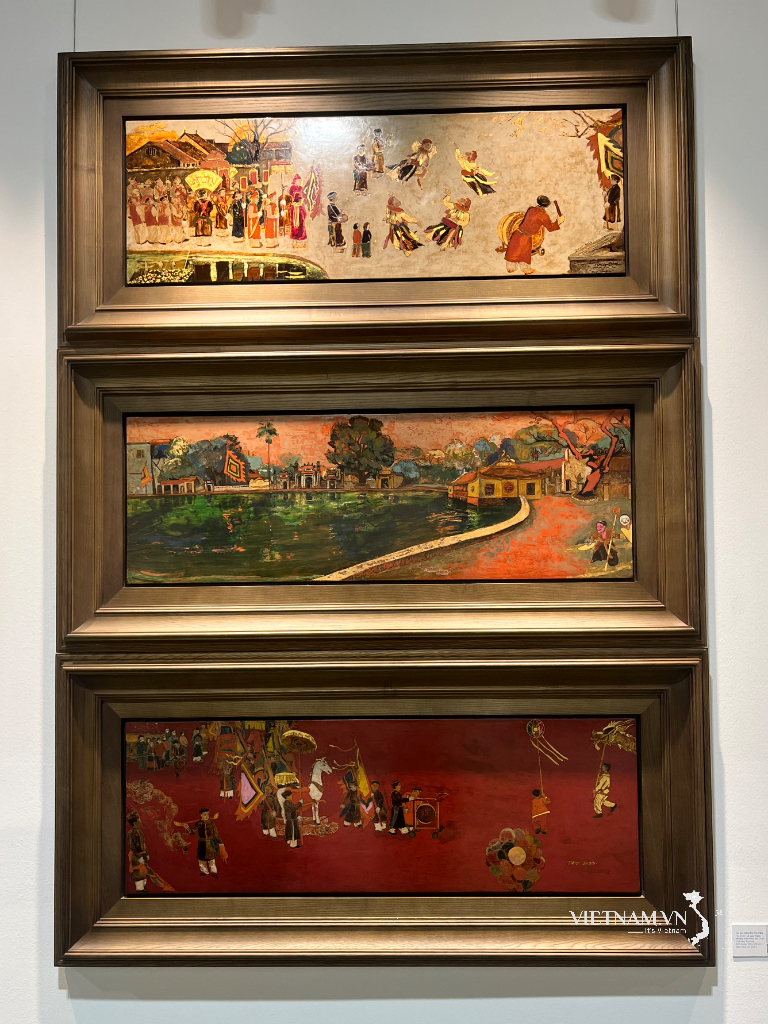
Comment (0)